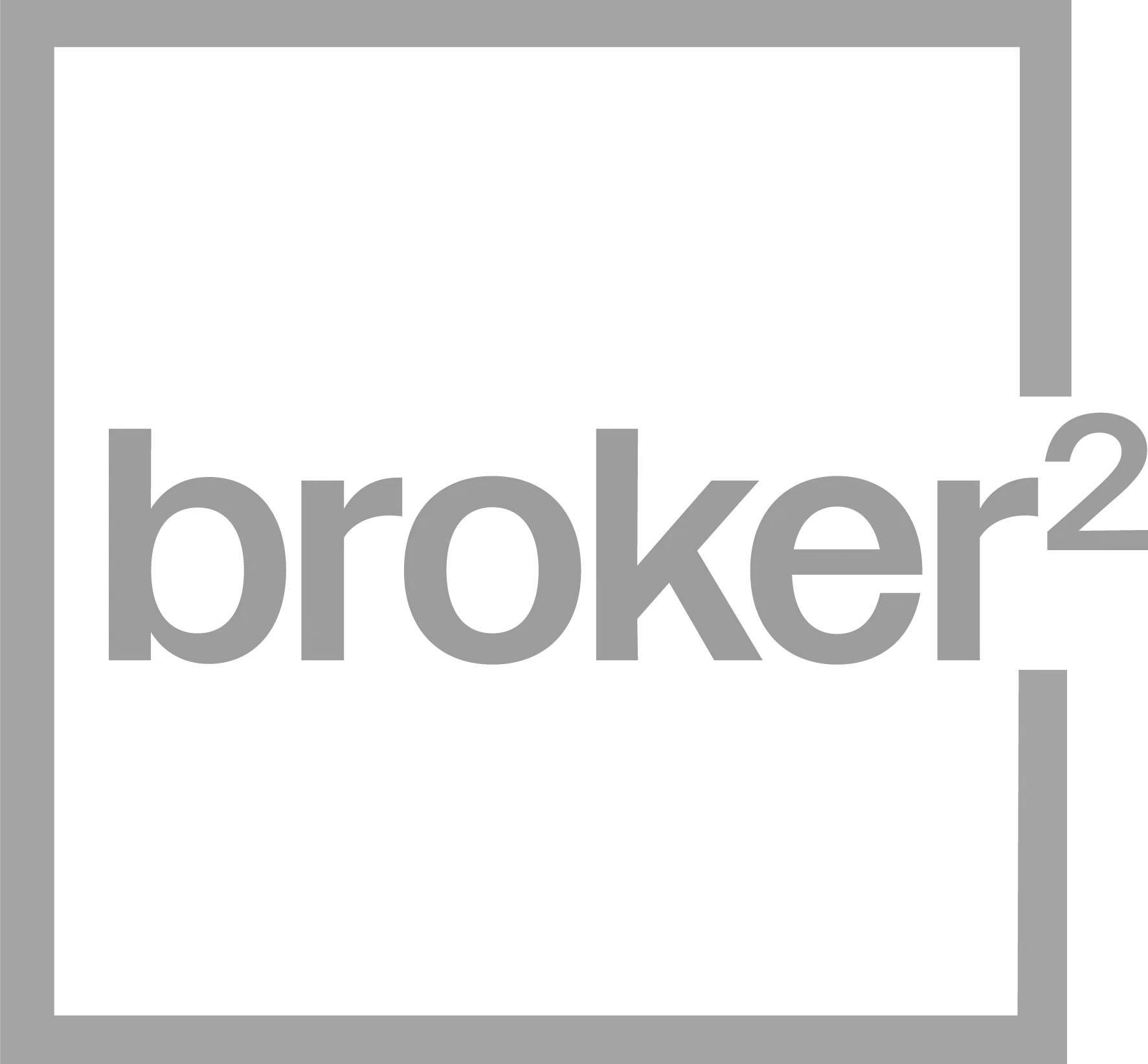OSFI Announces Removal of Stress Test for Uninsured Mortgage Switches
Starting November 21, 2024, borrowers switching lenders with uninsured mortgages will no longer face the stress test, thanks to a new policy from OSFI. Previously, uninsured borrowers needed to prove they could afford their mortgage at a higher rate, which created barriers to switching for better terms. This change encourages competition among lenders and aligns the rules with insured mortgages, providing more flexibility and choice for homeowners.
The decision responds to concerns raised by the Competition Bureau and reflects shifting risk management trends in the mortgage market.
Key Points:
- Applies to Straight Switches: This policy is for borrowers switching lenders while maintaining their loan amount and amortization schedule.
- Stress Test Removed: No more proving affordability at higher rates during switches, allowing for easier access to competitive offers.
- Supports Borrower Flexibility: Homeowners now have more options to find the best mortgage rates at renewal without the stress test obstacle.
Why the Change?
OSFI initially maintained the stress test to manage risk but has now reversed this stance after evaluating that the original concerns have not significantly materialized. This move is designed to balance fairness for borrowers and enhance competition in the mortgage market.
How It Affects You
For those with uninsured mortgages approaching renewal, this policy change is a win. You'll now have the opportunity to seek out better mortgage rates without facing a stress test, making it easier to reduce financial strain, especially in a rising interest rate environment.
Stay informed and take advantage of these changes by reviewing your mortgage options today!
Tara Gentles




